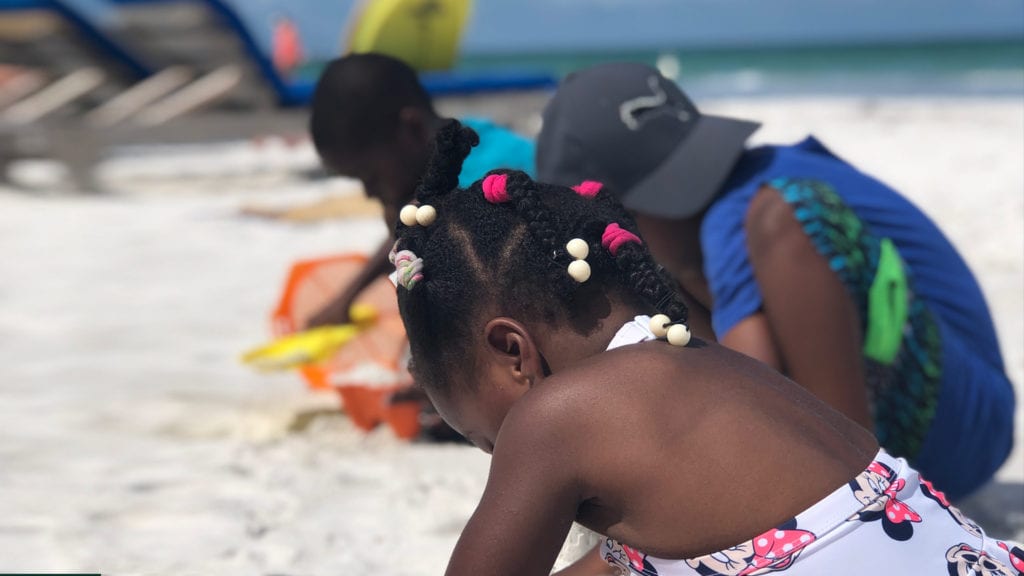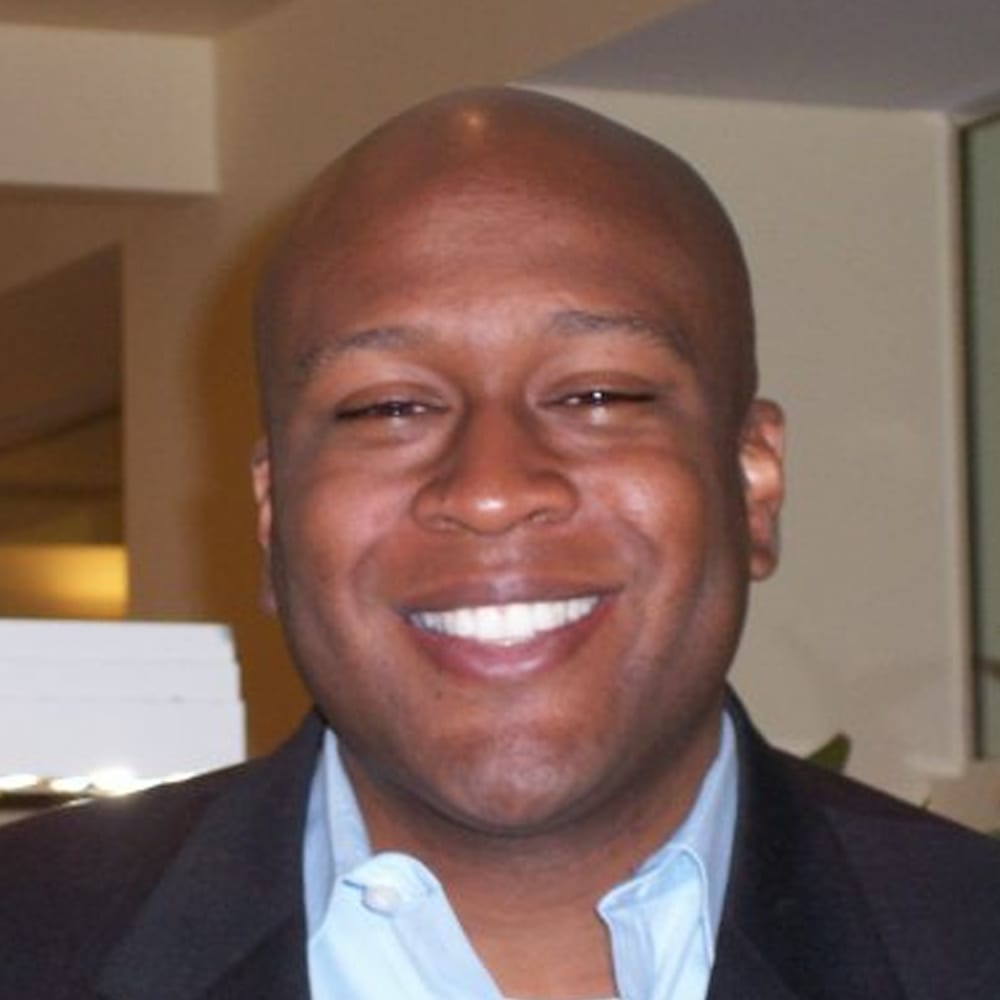I am not comfortable writing this post. However, as a member of the black community, unpacking this discomfort is the reason I am writing. Because these are uncomfortable times. And if I’m not willing to be uncomfortable—if we all are shying away from uncomfortable topics—then how can we do the work to bring about meaningful change?

It would be inaccurate to portray myself as an activist, someone who is deeply versed in diversity issues, because I am not. Whether we’ve known each other for years, or we’ve never met, odds are that you can’t neatly categorize my personal views or experiences with race. Like many black people, I’ve experienced racism, both subtle and overt. I’ve had assumptions or limitations placed on what clubs or organizations I should or shouldn’t join, who I should or shouldn’t date, how I should or shouldn’t dress, what music I should or shouldn’t listen to. I’ve been told in the past that I am a “good black person” because of my good education, because I am well-spoken. I could read between the lines of what was left unsaid. I’ve felt the lingering stare that happens when you’re the only black person in a room. I’ve been tailed by police officers for a few blocks too long and for no apparent reason. If I am walking in my neighborhood, I think about whether my cell phone or a piece of exercise equipment may be mistaken for a weapon. When I leave the house in a hoodie, or if I’m wearing a mask like Dr. Fauci says I should, I question whether I’m putting myself at risk.
At the same time, I’ve benefitted from the sacrifices of those that came before me. I had the luxury of growing up in a middle-class suburban neighborhood that was safe and had good schools. My parents emigrated from Haiti a decade before I was born and sacrificed so I could have these advantages. I know that I’m blessed. I haven’t faced the levels of adversity or experienced the tragedies that too many of my black and brown brothers and sisters face on a daily basis.
But the fact remains: I am scared, I am angry, and I am heartbroken at what is happening in our country today. I have three children—two boys and a girl, all under the age of 10—and all I see is them. When I see streets on fire, peaceful protesters being tear-gassed for photo ops, or innocent men and women being senselessly killed for the simple act of living while black, I see my kids. I see their faces on those victims. I see a future on the brink.
So, I’m challenging myself to be uncomfortable. Being a father has given me that courage. Because really, my discomfort stems from my fear of being vulnerable. I am a black man, 42 years old, son of Haitian immigrants, who is angry, scared and heartbroken. I am also a black man, 42 years old, son of Haitian immigrants, who has often been silent because I don’t feel like I have the tools and credentials to speak on these issues. And that must change. I need to become better educated on these issues, where we’ve been and where we need to go.
On this last point—education—I truly empathize with anyone who isn’t black and may be struggling with understanding the pain that African Americans are experiencing, or may be wondering what role they can play, and how they can help. Educate yourselves. Ask your black friends how you can be there for them, but don’t put the burden on them to have all the answers. You can find a lot of incredible resources here—but please do the work. We need you.
And to all my friends and colleagues, black and white, who have reached out to check on me, tell me you love me, or simply ask how I’m doing, I thank you. It means the world, and I hope you’re also doing it for others who may need it even more.
I have faith in the good of humanity. I have my own work to do. I believe change is truly possible. I am ready to embrace the uncomfortable.



